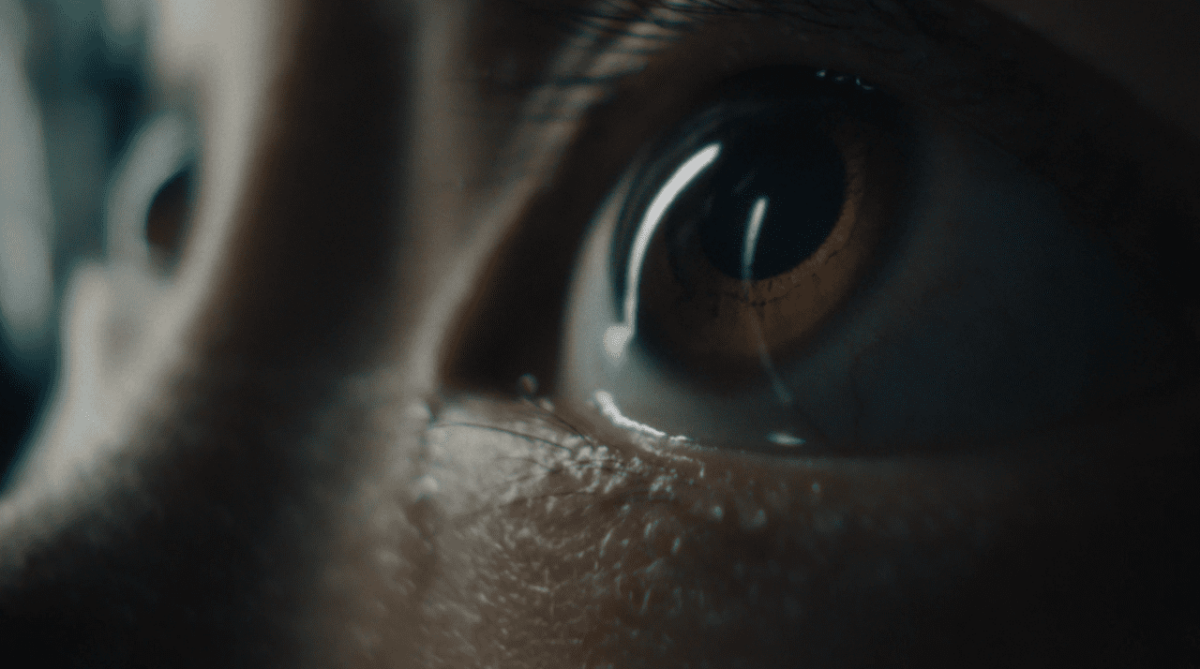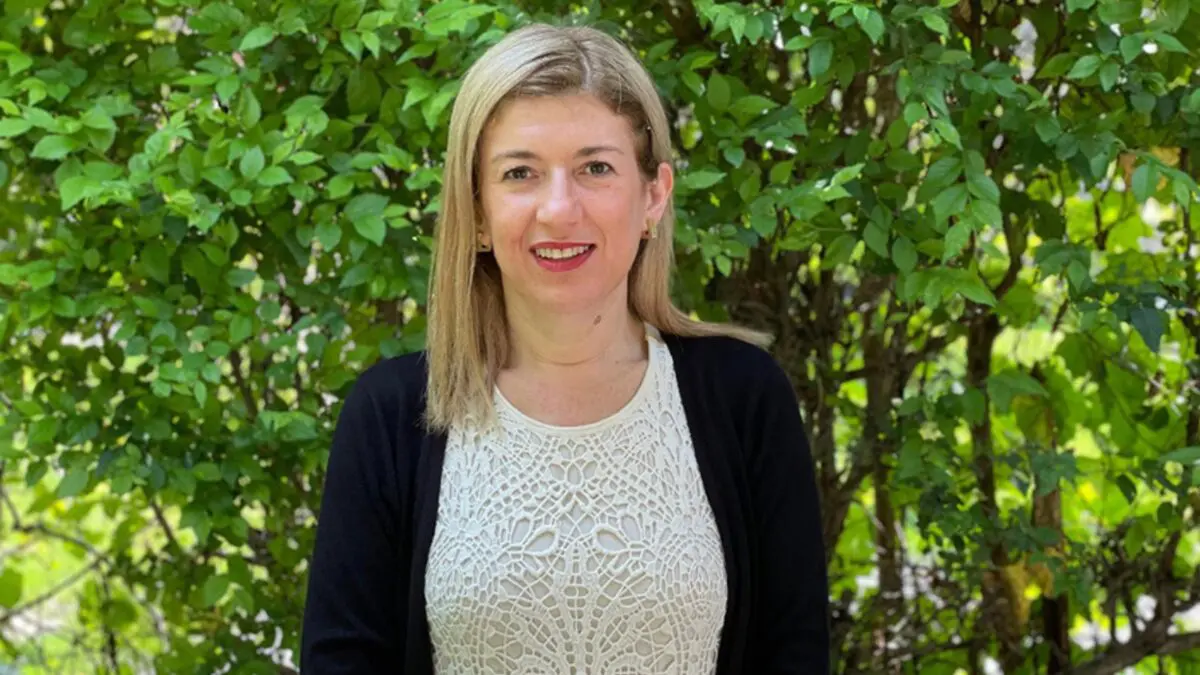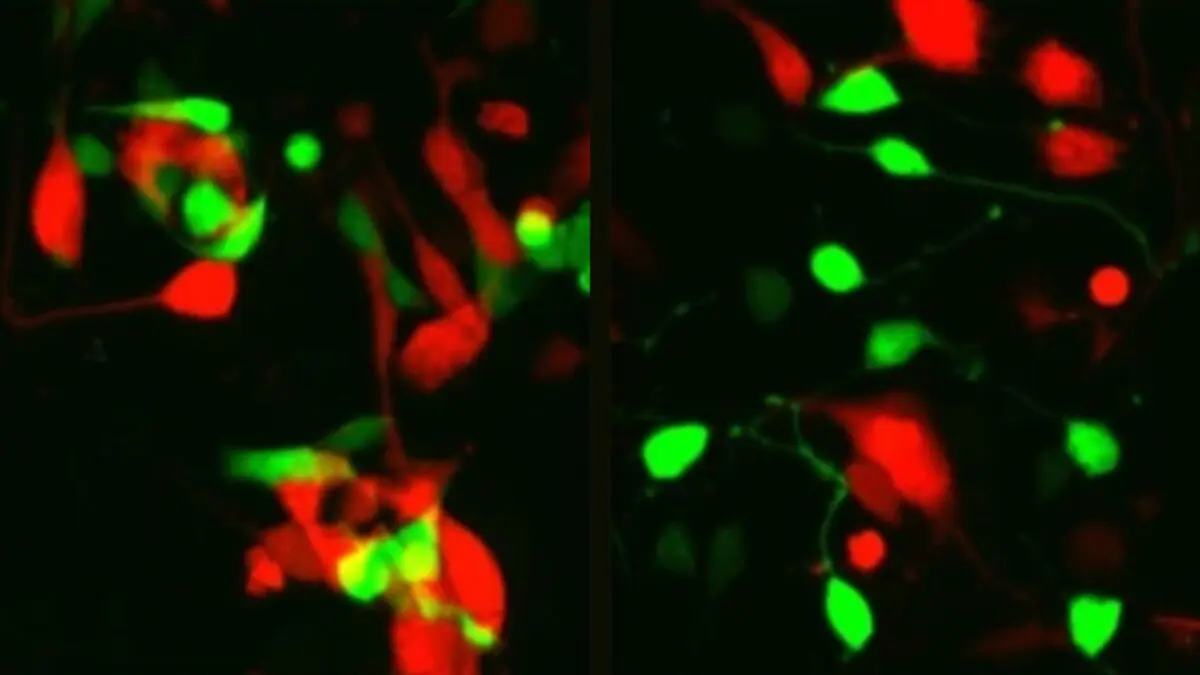Dr. Nikki Reddy is currently completing a one-year fellowship in glaucoma and anterior segment disease at the Donald K. Johnson Eye Institute. She took some time out of her very busy schedule to tell about her passion for treating glaucoma patients.
1. What attracted you to the field of ophthalmology?
Early on in med school, I knew I wanted to work with my hands so I considered specializing in surgery. During my residency at the University of Texas at Austin, I did a rotation in ophthalmology and I loved it. I really enjoyed the team approach, collaborative practice and friendly culture. I also noticed that all the ophthalmologists seemed to have excellent relationships with patients.
What made you decide to specialize in glaucoma? The ability to help restore someone’s vision is so inspiring to me. With glaucoma, because it is a chronic, complex disease, we follow our patients over many years. The continuity of care is very important. I gain deep satisfaction with building long-term relationships with my patients who are very invested in their care.
2. Why did you apply for this Fellowship at the Donald K. Johnson Eye Institute?
I learned about the Donald K. Johnson Eye Institute on social media while I was looking for fellowship opportunity. When I did some more research, I was very impressed, as the eye institute seemed to have all elements I was looking for: excellence in clinical, research, and education. I saw this an opportunity to learn from the best.
3. What do you consider the clinical strengths of the program?
The Donald K. Johnson Eye Institute is home to such a wide range of subspecialties who treat a complex, diverse and large patient population, where clinical care is deeply integrated with research. This has created an environment where we can really push the limits of care.
4. What are your personal goals in your fellowship position at the Donald K. Johnson Eye Institute?
I hope to learn how to become an expert diagnostician. Medicine is a science and it’s is also an art. I want to understand more about the “art” of medicine and developing a mindset that prepares me how to treat my patients in the best way possible.
5. How is the Fellowship improving the way you care for patients?
The last six months have been a steep learning curve. During that time, my confidence in treating glaucoma patients has increased. I can develop a clinical plan with my patients that may or may not involve surgery. There is so much in-house expertise at the Donald K. Johnson Eye Institute. You need to be a team player because we share patients. Many people who are living with glaucoma also have other eye disorders, such anterior segment disease and diseases of the retina and cornea.
6. How is this Fellowship assisting you in your research and career goals?
The Donald K. Johnson Eye Institute is part of a world-leading hospital network. I benefit from a rich environment where we have access to the best specialists in many specialties beyond ophthalmology. This fellowship is teaching me all about inquiry and be always be curious, to ask questions. The Fellowship has also exposed me to an international community of vision specialists who are focused on research and in achieving the best outcomes.
7. Can you describe a moment during your fellowship of which you are particularly proud?
Last November, I had the opportunity to attend the International Glaucoma Consortium’s annual conference in Salt Lake City, Utah. Two of the keynote presenters were my mentors, including Drs. Ike Ahmed and Matt Schlenker. I was tremendously proud to be there with my colleagues who were sharing their expertise and knowledge with a global audience.
8. What are your plans after you have completed your Fellowship?
I plan to return to Dallas, Texas and I look forward to establishing research collaborations with the wonderful team at the Donald K. Johnson Eye Institute.




